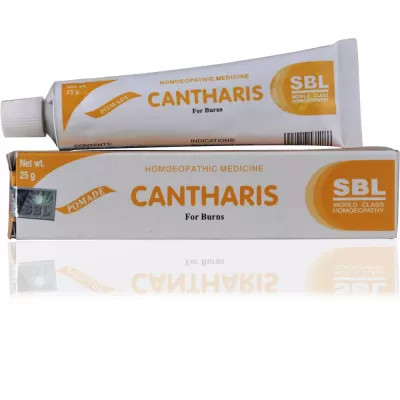Ghai Homoeo Remedies Fibrovital Drops is a homoeopathic combination formulated to help support women’s health. This formulation includes ingredients like Calcarea fluorica, Conium maculatum, and Thuja occidentalis, which may assist in promoting well-being and maintaining balance during this vital phase. It is designed to be a gentle and natural support for a healthy womanhood. Sedimentation may occur naturally without affecting quality or efficacy.
Key Ingredients:
Each ml contains:
Calcarea fluorica 12X (0.1 ml), Conium maculatum 3X (0.3 ml), Kalium iodatum 10X (0.1 ml), Mercurius solubilis 10X (0.3 ml), Thuja occidentalis 6X (0.2 ml). Alcohol content: 90% v/v
Indications:
Women’s health
Net Quantity:
30 ml
Product Form:
Liquid drops
Key Benefits:
- Calcarea fluorica is commonly used in homoeopathy for providing structural support and maintaining tissue elasticity
- Conium maculatum may support the reproductive system and overall well-being
- Kalium iodatum is traditionally used to assist glandular health and balance
- Mercurius solubilis is known in homoeopathy to help support immune health and well-being
- Thuja occidentalis may assist in maintaining the general health and vitality of women during reproductive years
Dosage:
- 15 drops three times daily or as directed by the physician
Safety Information:
- Read the label carefully before use
- Store in a cool and dark place
- Keep out of reach of children
- Close the lid tightly after use
- Sedimentation may occur naturally, which does not affect the quality or efficacy
- Avoid strong flavours near the time of taking this product

































